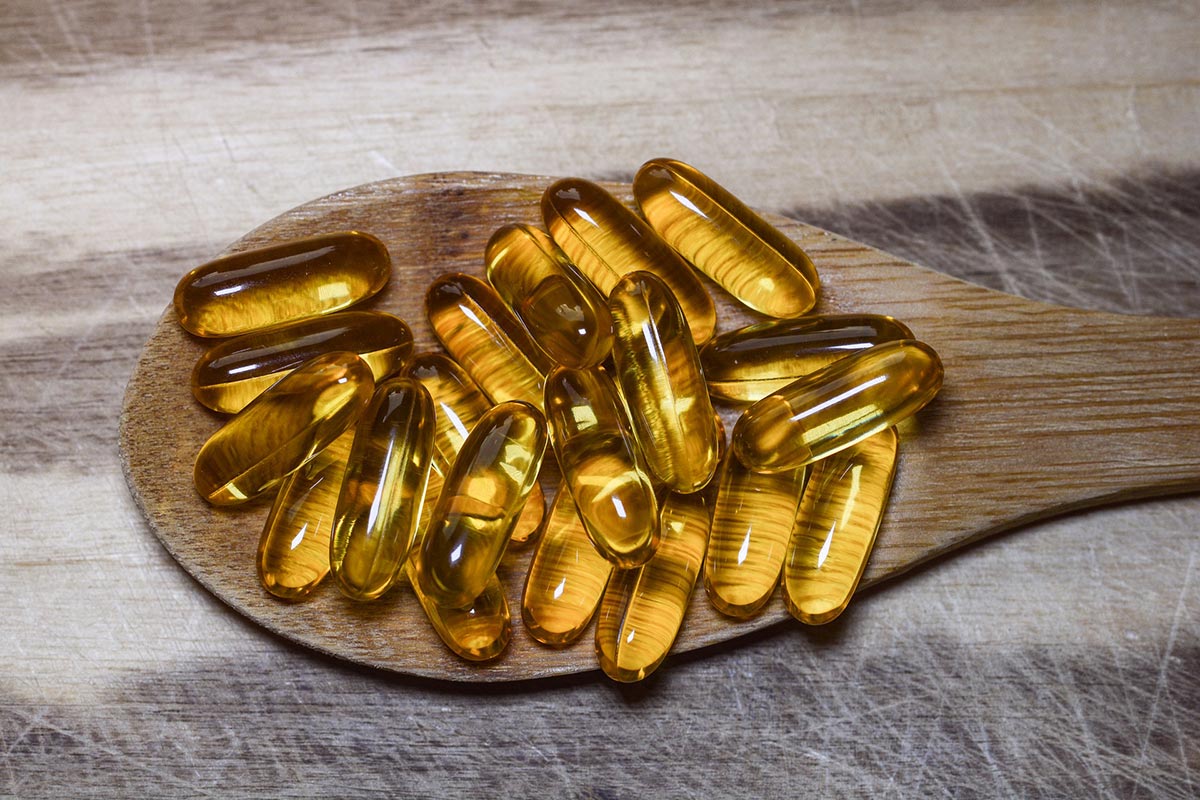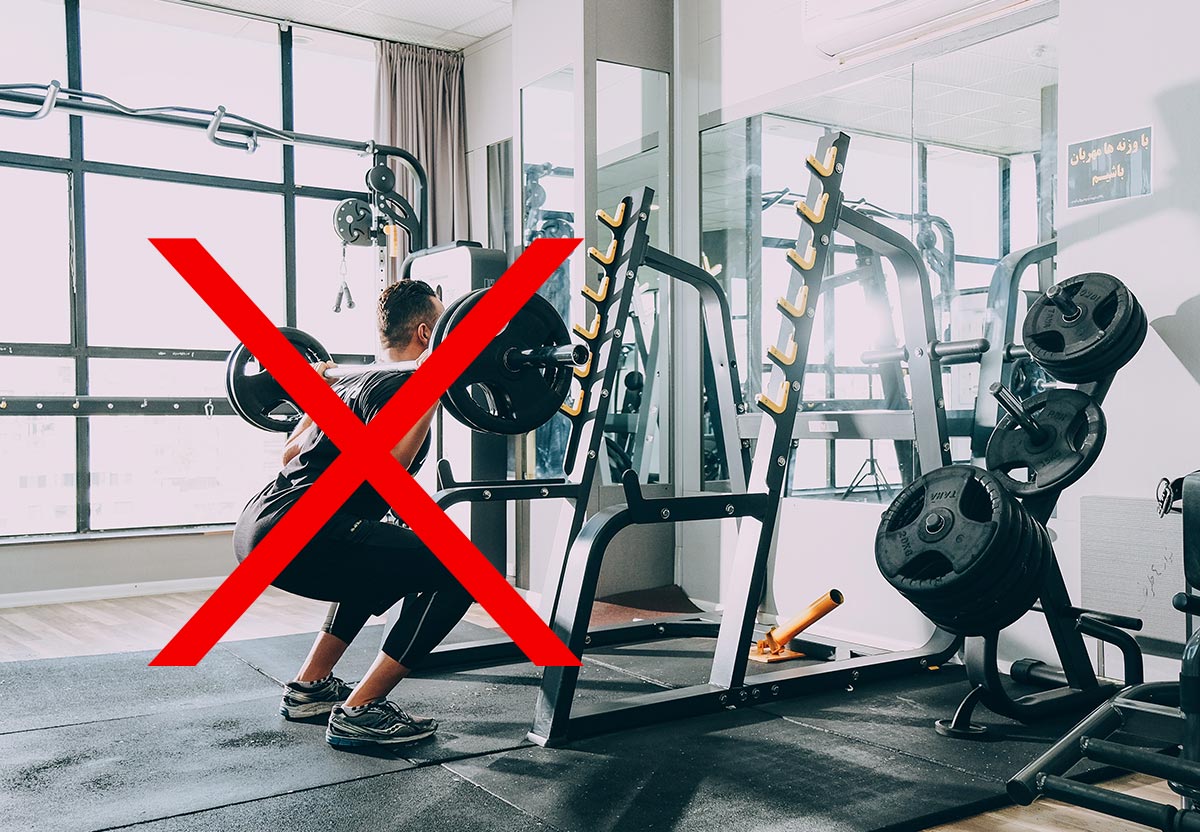If you're pushing your limits in training, proper recovery isn't optional – it's essential. Muscle growth, strength gains, and injury prevention all depend on how well your body recovers between sessions. It's no surprise the supplement industry is flooded with products claiming to speed up recovery. But what actually works – and what doesn't? Here's a clear, science-backed guide to recovery supplements, highlighting both proven options and promising substances that still need more research.
Recovery – More Than Just Sore Muscles
True recovery is about much more than easing muscle soreness. It's a complex process where muscle fibers repair, inflammation subsides, glycogen stores refill, and your nervous system regains its capacity. Sleep, nutrition, and stress levels all play key roles – and so do specific supplements, if chosen wisely.
| Supplement | Tooltip Explanation |
|---|---|
| Creatine Monohydrate | Most researched recovery aid; supports phosphocreatine stores for ATP regeneration |
| Taurine | Reduces oxidative stress and calcium overload in muscles; beneficial for endurance |
| L-Citrulline | Boosts nitric oxide production, improving blood flow and endurance capacity |
| Rutin | Bioflavonoid with strong vascular protection; reduces oxidative and inflammatory markers |
| Astaxanthin | Marine antioxidant; protects lipids and mitochondria from ROS damage |
| Collagen + Vitamin C | Supports collagen matrix in joints/tendons; Vitamin C is essential for synthesis |
| BCAAs | Can lower muscle soreness, but effectiveness depends on context and dosage |
| NAC (N-Acetylcystein) | Boosts body’s main antioxidant (glutathione); useful in immune stress and fatigue |
Citrulline – Proven Support for Blood Flow and Nutrient Delivery
Citrulline Malate is known for boosting nitric oxide production, improving blood flow, and enhancing the "pump" during training. But its benefits extend to recovery too. Studies show citrulline can reduce muscle fatigue and improve recovery after intense resistance workouts, thanks to improved circulation and nutrient transport.
Astaxanthin – Antioxidant Protection Against Cellular Stress
Heavy training increases oxidative stress. Astaxanthin, a powerful antioxidant from algae, helps neutralize this effect. Research suggests it can lower post-exercise oxidative markers and support muscle recovery, especially in endurance and outdoor athletes.
Rutin – Circulation and Vascular Support
Rutin, a natural flavonoid from buckwheat and citrus fruits, improves microcirculation and strengthens blood vessels. While direct recovery studies are limited, its role in optimizing nutrient delivery makes it an interesting supplement for active individuals.
Adaptogens – Managing Stress to Enhance Recovery
Chronic stress elevates cortisol, which impairs recovery. Adaptogenic herbs like Ashwagandha, Rhodiola, and Cordyceps help regulate stress responses and support hormonal balance post-exercise. Among these, Ashwagandha shows the strongest evidence for lowering cortisol and enhancing perceived recovery.
Improving Insulin Sensitivity – The Hidden Factor in Recovery
Few athletes realize how much insulin sensitivity affects recovery. Insulin drives nutrient uptake into muscles. If your cells are resistant, recovery slows. Certain supplements may help:
- Berberine: Strong evidence for improving insulin sensitivity, especially in individuals with metabolic issues.
- Chromium: Modest effect on glucose metabolism, evidence is mixed.
- Alpha-Lipoic Acid: Antioxidant with potential benefits for insulin function.
Supplements to Be Cautious With
Not every flashy product delivers results. Many so-called "recovery boosters" are little more than overpriced flavored sugar water. Exotic fruit extracts or generic "detox powders" often lack any meaningful scientific foundation. Stick to what works, not marketing hype.
Evidence First, Hype Last
Supplements can meaningfully support recovery – but only if you choose wisely. Focus on:
✔ Citrulline for circulation and fatigue reduction
✔ Astaxanthin for antioxidant defense
✔ Rutin for vascular support
✔ Adaptogens for stress management
✔ Insulin-sensitizing compounds for better nutrient utilization
Remember: no pill replaces sleep, nutrition, and smart training. But the right supplements can be a useful addition to your recovery strategy.
| Supplement | Evidence Level | Recovery Benefits | Notes |
|---|---|---|---|
| Creatine Monohydrate | Strong | Muscle repair, strength recovery | Best with carbs post-workout |
| Taurine | Moderate | Reduces muscle soreness, supports mitochondria | Also supports cognitive function |
| L-Citrulline | Promising | Vasodilation, reduced fatigue | Take away from food for best effect |
| Rutin | Moderate | Anti-inflammatory, microcirculation | Good for capillary health |
| Astaxanthin | Promising | Reduces oxidative stress | High antioxidant capacity |
| Collagen + Vitamin C | Moderate | Joint & tendon regeneration | Combine with glycine for effect |
| BCAAs | Mixed | May reduce DOMS, mixed results | Controversial for muscle recovery |
| NAC (N-Acetylcystein) | Promising | Antioxidant, supports glutathione | Useful in inflammatory stress |
Appendix – Scientific Evaluation of the Presented Supplements
Citrulline Malate
✔ Yes, there is clear, well-documented scientific evidence for improved blood flow, nitric oxide production, and reduced muscle fatigue. There are also indications that it supports recovery, but direct human data specifically focused on muscle recovery is still limited. The observed benefits are plausible based on improved circulation.
Sources:
- González et al., J Strength Cond Res, 2010
- Glenn et al., Eur J Appl Physiol, 2016
Astaxanthin
✔ Yes, the antioxidant effect of Astaxanthin is scientifically well-established, along with its positive impact on protecting cells from oxidative stress. There are some studies suggesting benefits for recovery, but most data comes from animal studies or small-scale human trials. The use for post-exercise recovery in athletes remains under discussion.
Sources:
- Fassett & Coombes, Mar Drugs, 2011
- Earnest et al., Int J Sports Med, 2011
Rutin
✔ The effects of Rutin on vascular health, antioxidant protection, and inflammatory markers are well documented, especially concerning vein stability and microvascular support. For sports-specific recovery, there is little direct data, but the physiological rationale makes its use as a recovery-supporting supplement plausible.
Sources:
- Guardamagna et al., Curr Pharm Des, 2014
- Habauzit & Morand, Curr Opin Clin Nutr Metab Care, 2012
Adaptogens
✔ For Ashwagandha, there is solid evidence for stress reduction and lowering cortisol levels, which can positively influence recovery. Rhodiola and Cordyceps show potential for reducing fatigue and improving resilience, but human study results are mixed and more robust data is needed.
Sources:
- Lopresti et al., Medicine (Baltimore), 2019
- Panossian et al., Curr Clin Pharmacol, 2009
Insulin-Sensitizing Supplements
✔ Berberine is supported by strong data regarding improved insulin sensitivity, particularly in individuals with pre-existing metabolic challenges. Chromium and Alpha-Lipoic Acid have moderate, partially mixed evidence for glucose metabolism and insulin support, though specific effects in athletic recovery need further investigation.
Sources:
- Yin et al., Metabolism, 2008
- Balk et al., Diabetes Care, 2007
- Packer et al., Free Radic Biol Med, 1995
This appendix reflects the current state of scientific research. Supplements can support recovery, but responsible use, realistic expectations, and proper training and nutrition remain the foundation.













